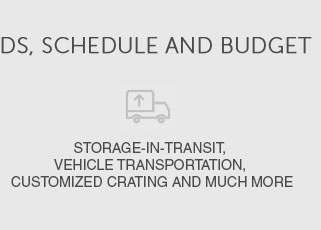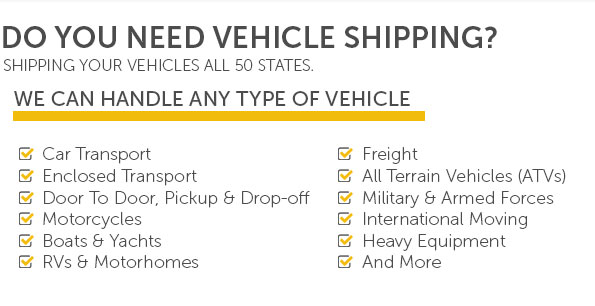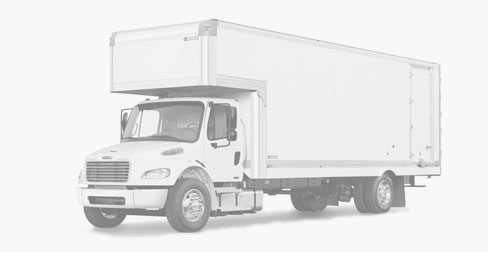how much does a moving service cost in 2025: real-world numbers and tipsWhat actually drives the priceThe answer depends on a few big levers: distance (local vs long-haul), volume/weight of goods, home access (elevators, stairs, long carry), timing and season, and optional services like packing or crating. Labor rates and fuel also matter, and quotes vary by market. - Local move (2–3 bedroom, 4–8 hours): roughly $600–$1,600 plus packing.
- Cross-country (1,000–2,500 miles, average household): about $3,500–$8,000.
- Studio/one-bedroom with light contents: around $250–$700.
- Full-service packing/unpacking: add $300–$1,200.
- Access fees (stairs, shuttles, long carry): $75–$300 each line item.
- Valuation coverage: basic $0.60/lb is cheap; full-value can add $100–$1,000.
How to get a confident quoteRequest at least three in-home or video surveys and ask for a binding not-to-exceed estimate. Provide an accurate inventory, confirm what’s included (materials, fuel, tolls), and check the carrier’s DOT/MC numbers and reviews. Declutter to cut cubic footage, bundle small items, and be flexible on midweek, mid-month dates to lower rates. Watch for large deposits or vague “service fees”; reputable movers keep deposits modest and spell out every charge. 
|
|














